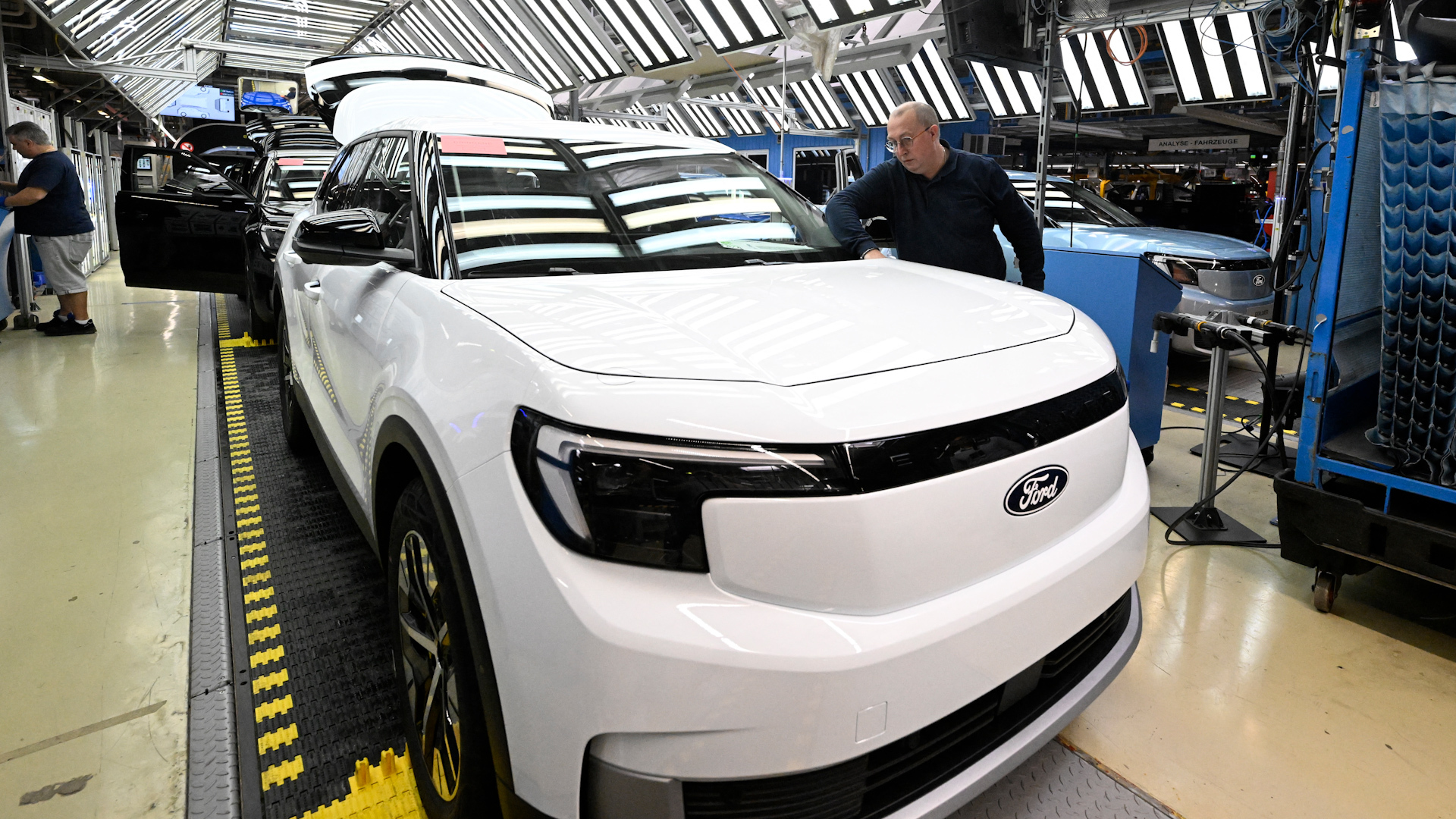Tech
Europe to miss out on AI advances due to ‘inconsistent’ regulations, tech giants warn

Some of the world’s largest tech companies have called on the European Union to provide regulatory certainty on AI, warning that the region risks falling behind due to “inconsistent” decision-making.
In an open letter published in the signed by Meta, Spotify, SAP, Klarna, Patrick Collison of Stripe and several others, it said the EU would miss out on key cornerstones of AI innovation without consistent rules.
The cohort said these included ‘open’ model developments, which are made available without charge for everyone to use, adding that they strengthen sovereignty and control by allowing organisations to download and fine-tune the models wherever they want.
It also noted developments in the latest ‘multimodal’ models, which operate fluidly across text, images and speech and will enable the next leap forward in AI.
“The difference between text-only models and multimodal is like the difference between having only one sense and having all five of them,” the letter stated.
The tech giants said open models can turbocharge productivity, drive scientific research and add hundreds of billions of euros to the European economy, adding that without them, Europeans will be deprived of the technological advances taking place across the US, China and India.
“Research estimates that Generative AI could increase global GDP by 10% over the coming decade,” it said, citing data from JP Morgan earlier this year. “EU citizens shouldn’t be denied that growth.”
The cohort of tech firms and signatories said the EU’s ability to compete with the rest of the world on AI and reap the benefits of open-source models rests on its single market and shared regulatory framework.
“If companies and institutions are going to invest tens of billions of euros to build Generative AI for European citizens, they require clear rules, consistently applied, enabling the use of European data.
“But in recent times, regulatory decision-making has become fragmented and unpredictable, while interventions by the European Data Protection Authorities have created huge uncertainty about what kinds of data can be used to train AI models.”
“This means the next generation of open source AI models, and the products and services we build on them, won’t understand or reflect European knowledge, culture or languages,” the group wrote.
Europe now faces a major choice, the cohort noted, saying it can choose to reassert the principle of harmonisation enshrined in regulatory frameworks like GDPR and offer a modernised interpretation, or it can continue to “reject progress and contradict the ambitions of the single market.
“Europe can’t afford to miss out on the widespread benefits from responsibly built open AI technologies that will accelerate economic growth and unlock progress in scientific research.”
“For that we need harmonised, consistent, quick and clear decisions under EU data regulations that enable European data to be used in AI training for the benefit of Europeans.”










